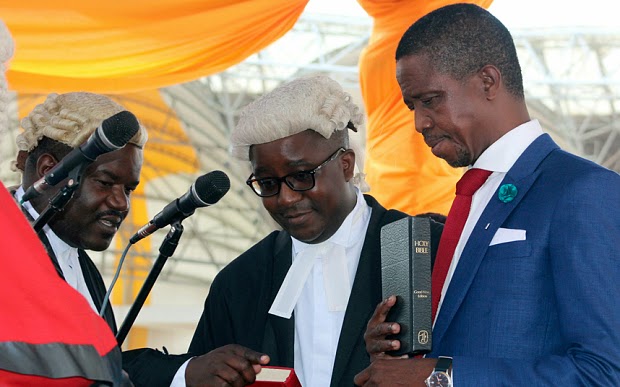CAN A DECISIVE DIRECTOR GENERAL CHANGE ZNBC?

ZAMBIANS continue to express displeasure at the biased coverage of news by the public funded Zambia National Broadcasting Corporation ZNBC. In random interviews many citizens openly declared that they had since stopped watching the ZNBC News because it does not depict the correct picture of what is going in the country. We have blogged many times before about the transformative shift needed to redeem the public media in Zambia. To an extent the quality of coverage depends on the leadership at the helm of n institution. Sharon Phiri of Lusaka's Chilenje said the following; "I think when PF just won there was a bit of improvement we saw Daily Mail also covering the opposition even ZNBC under Chibamba Kanyama had really improved. We saw how new reporters brought some creativity and even the opposition had a bit of coverage unlike now where ZNBC only runs responses to what the opposition said without allowing people to hear exactly what was said." Zambia's largest o


